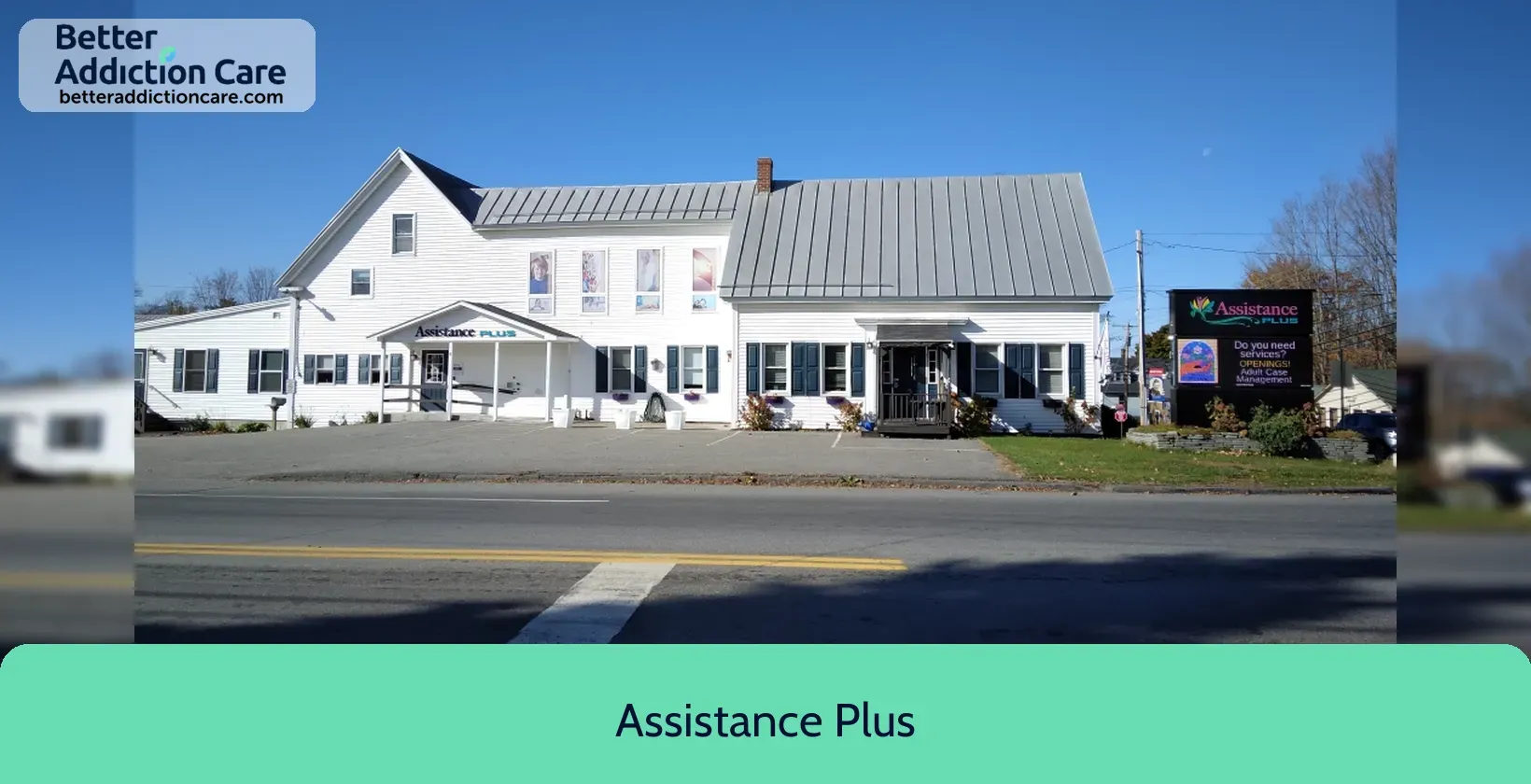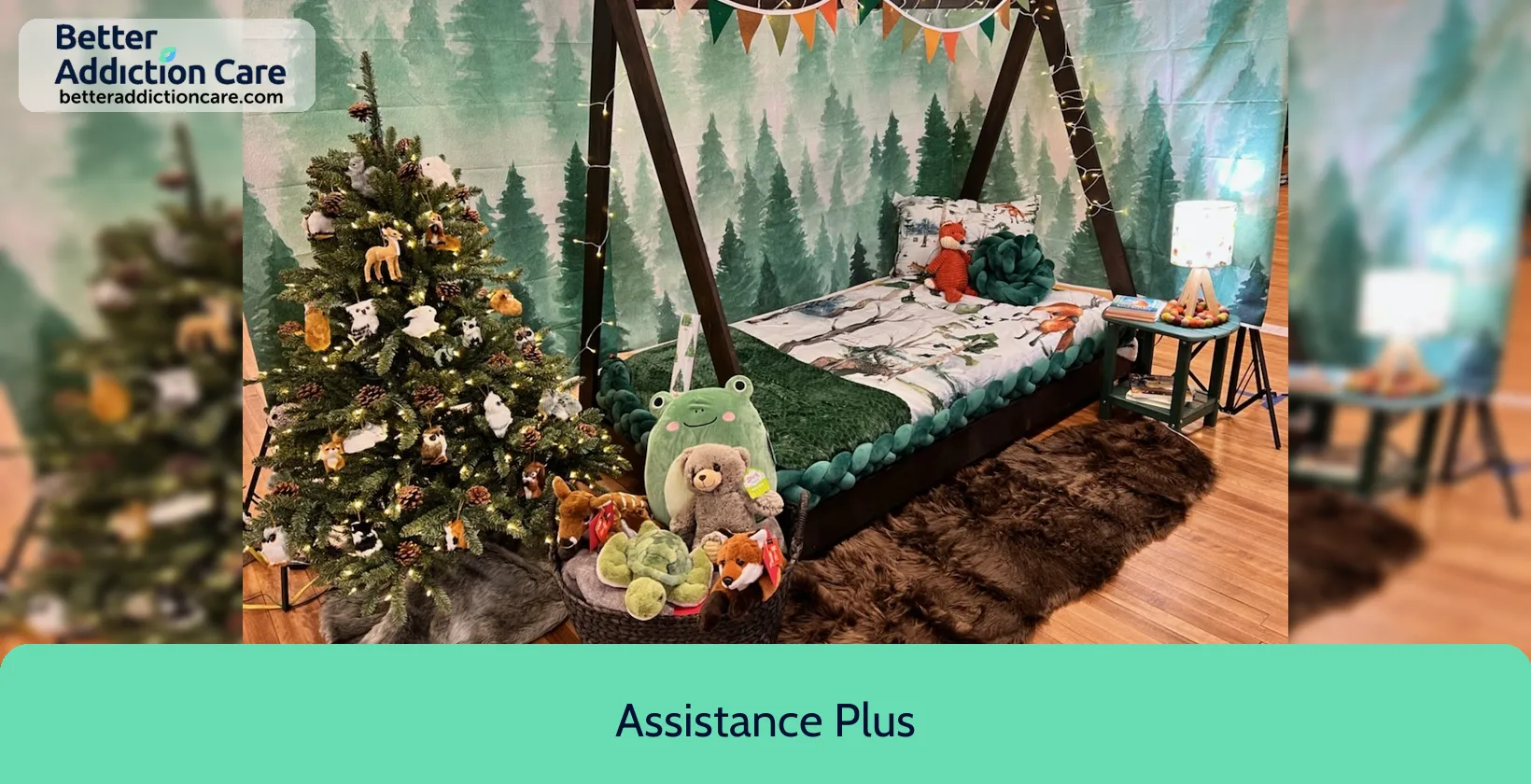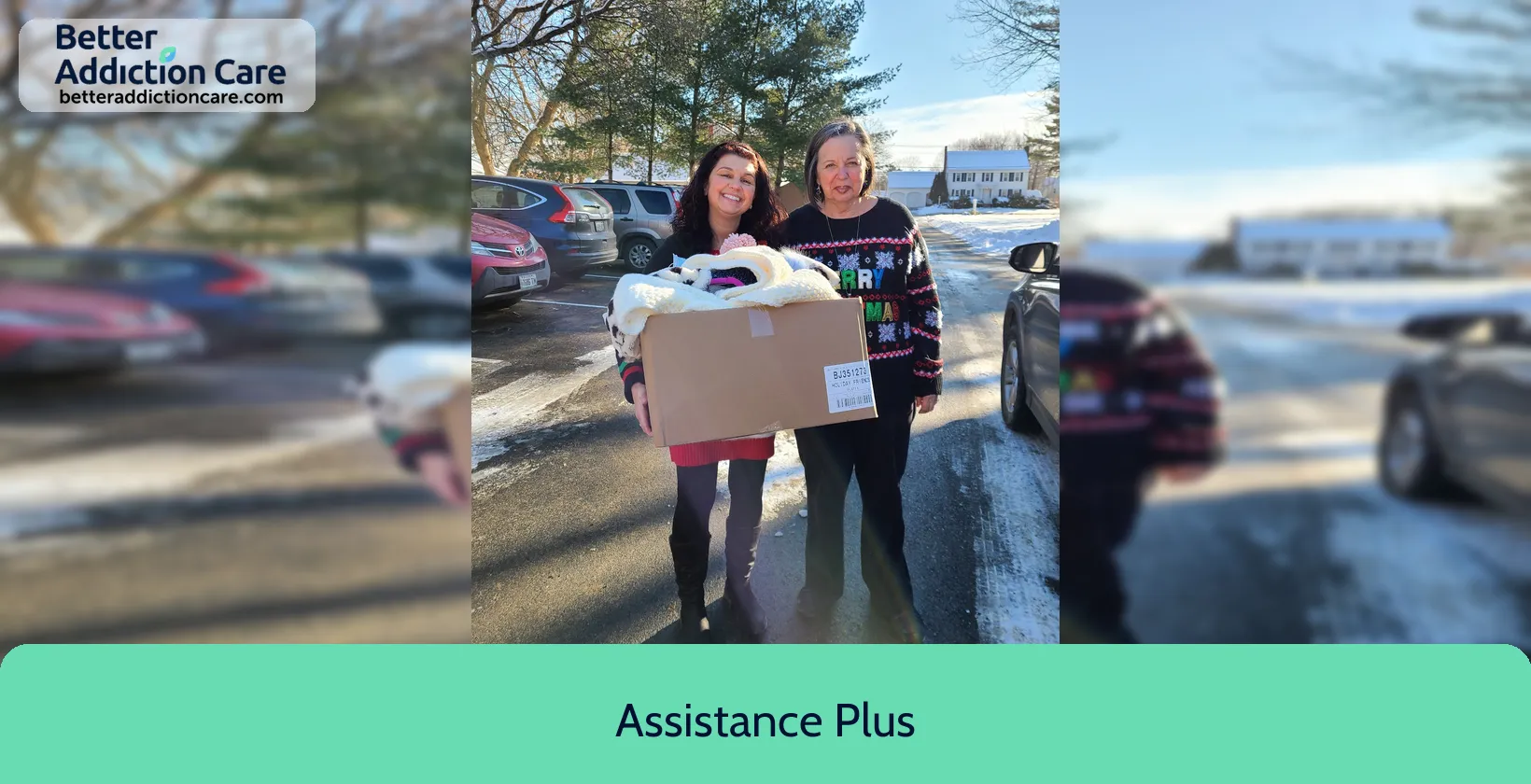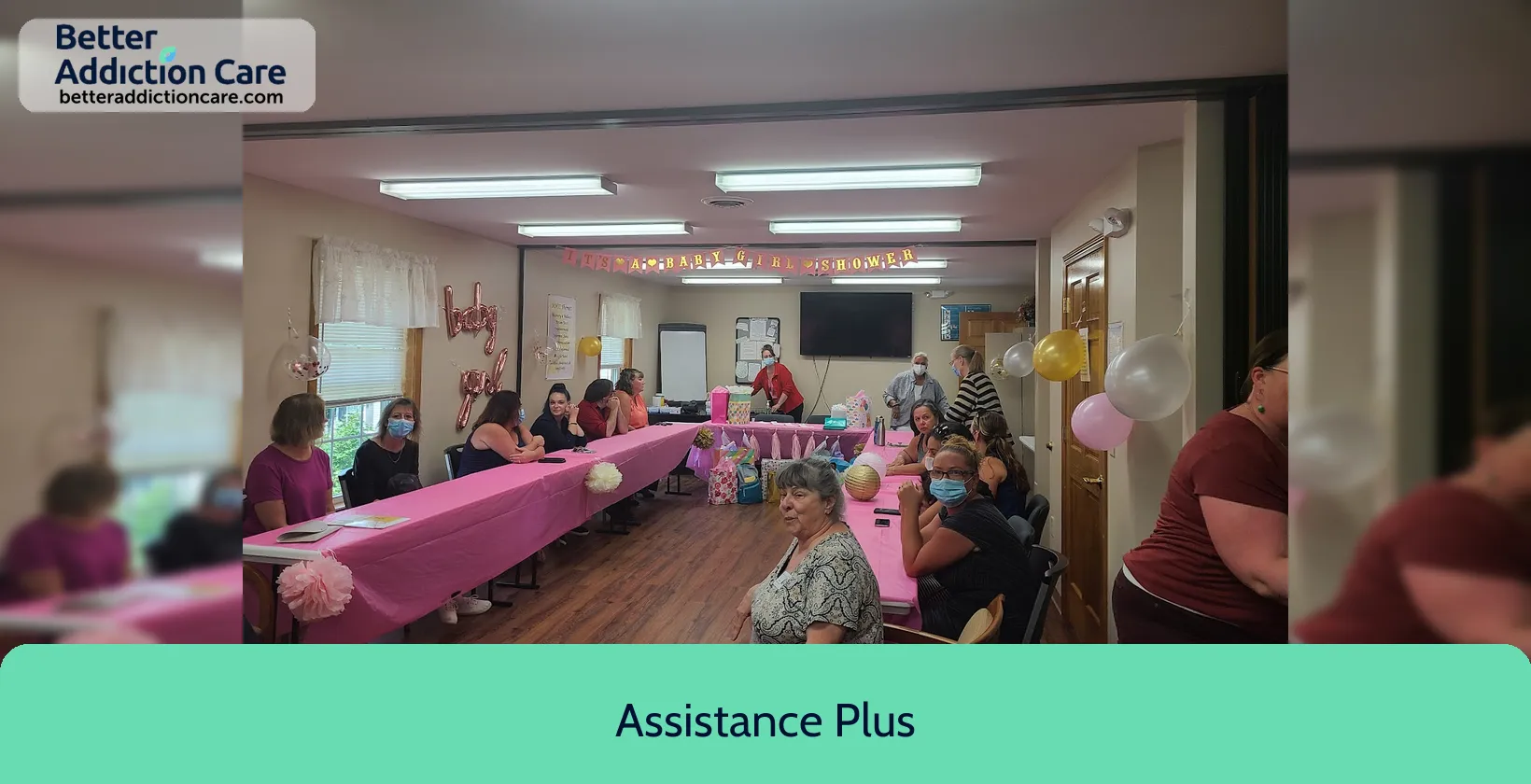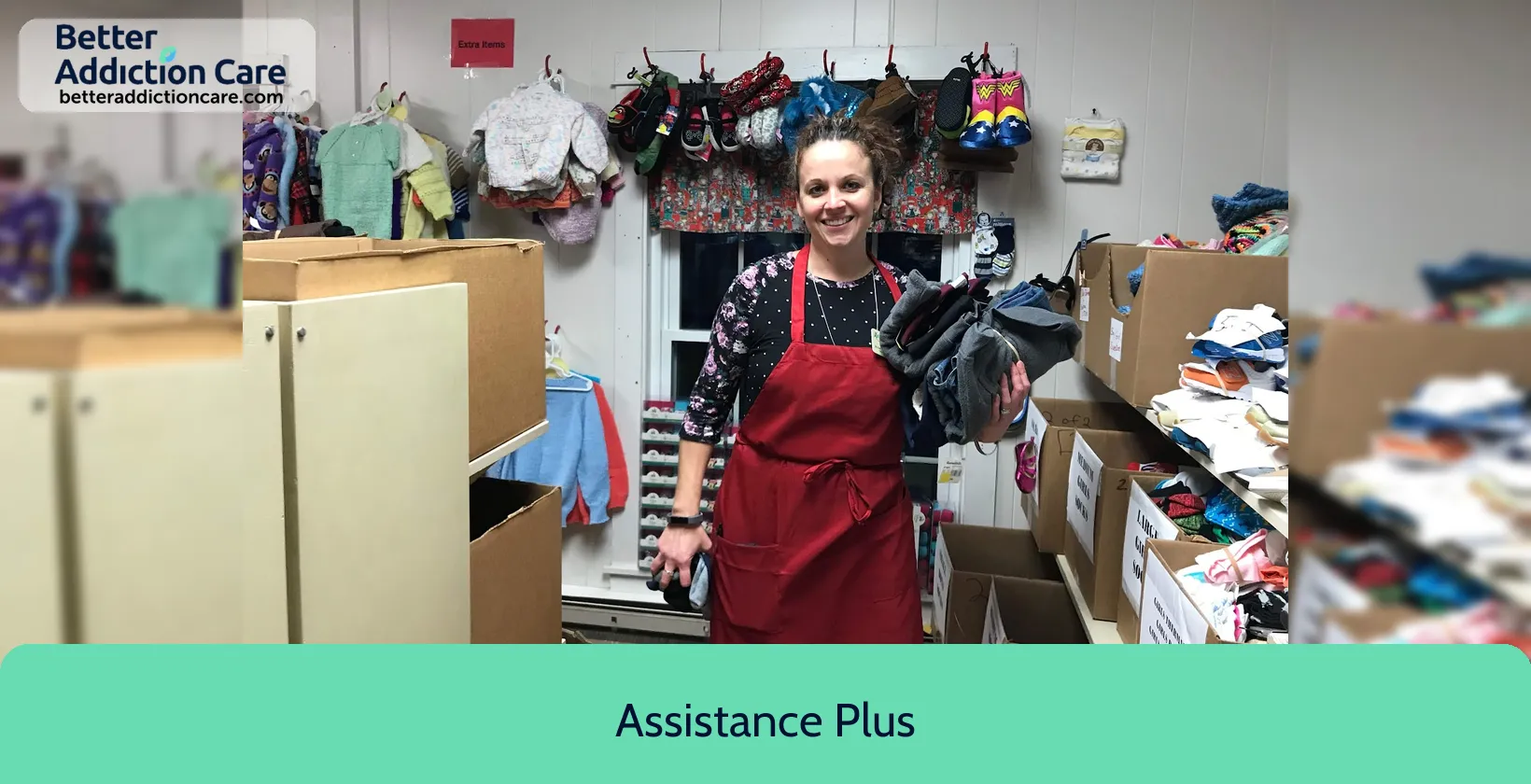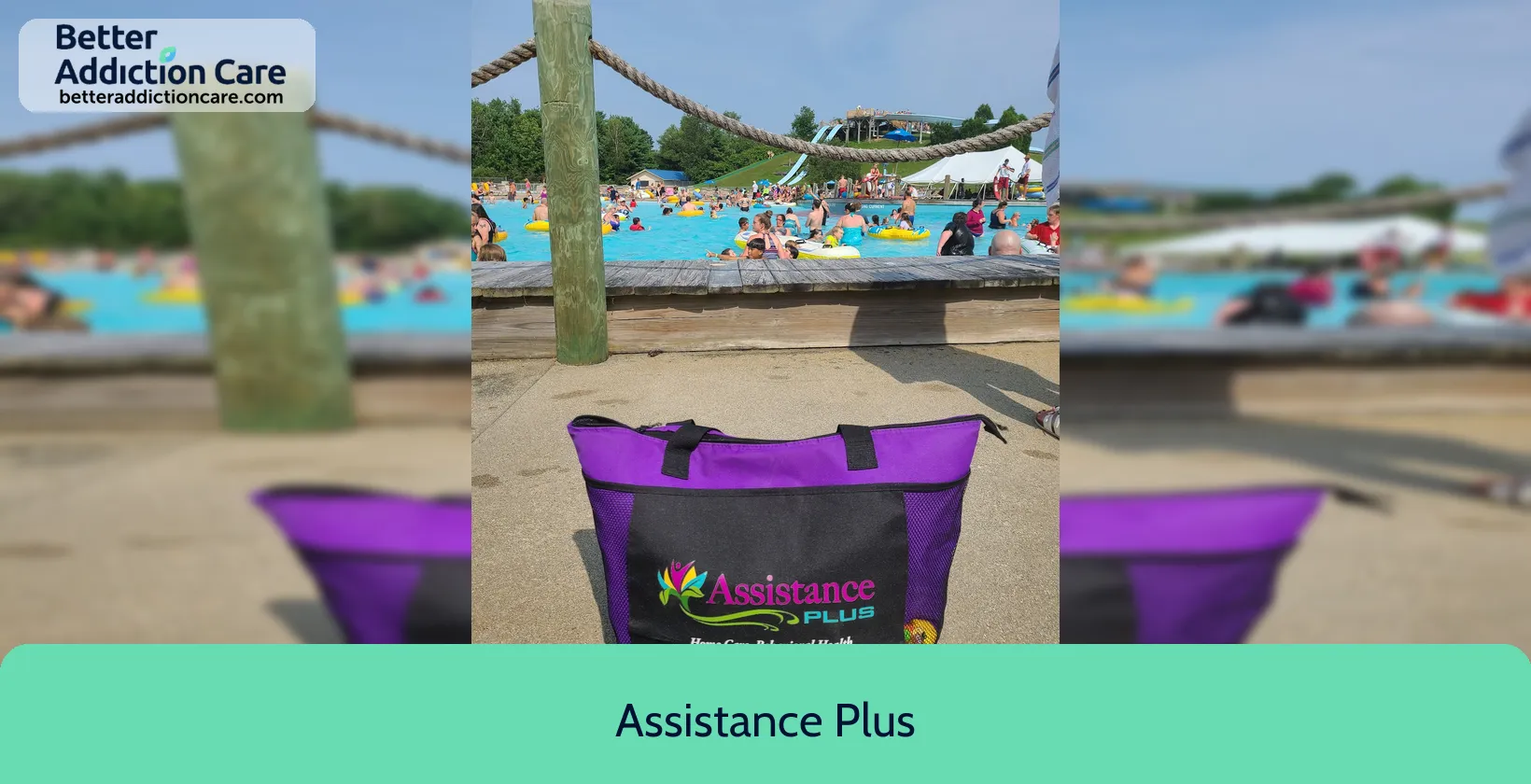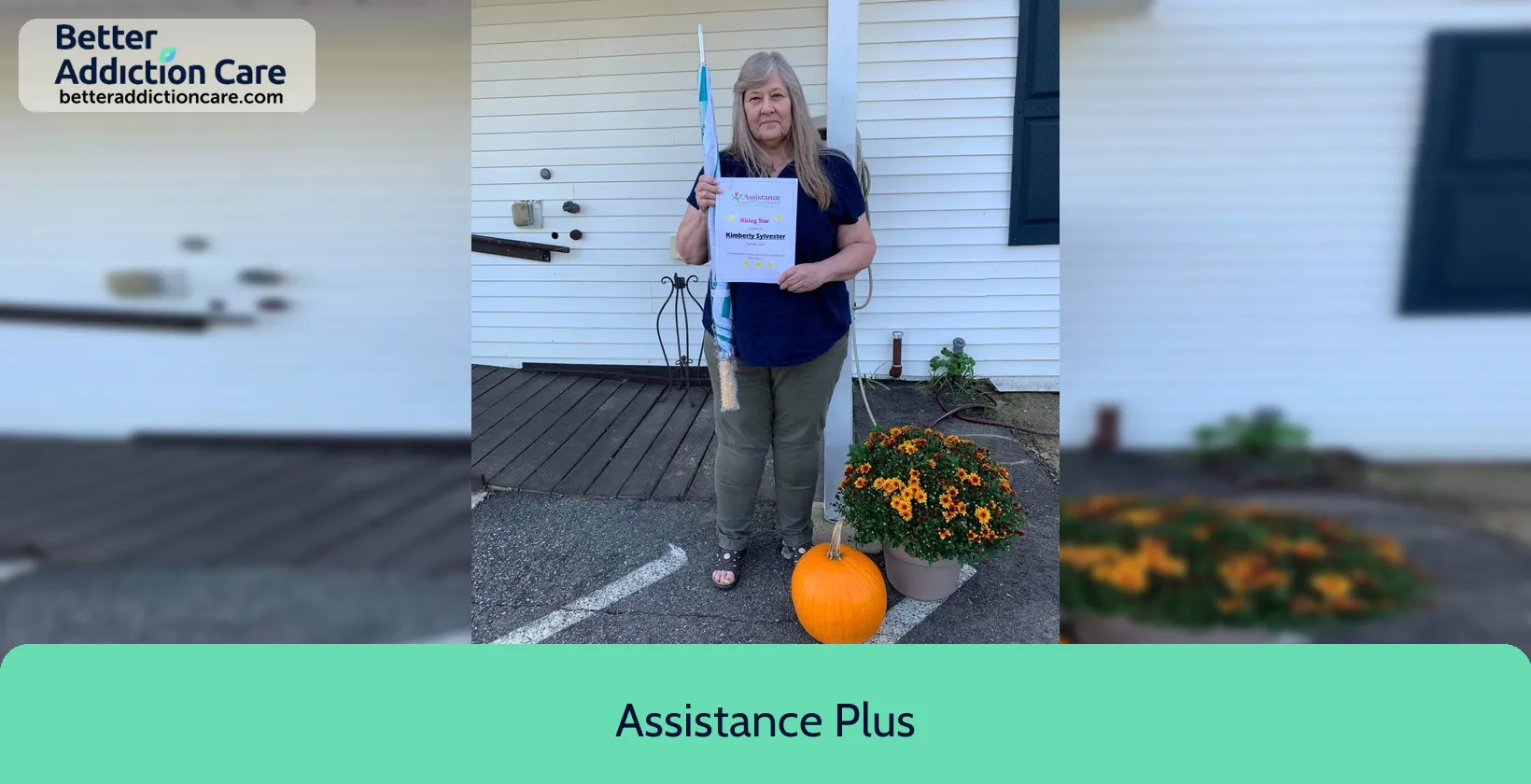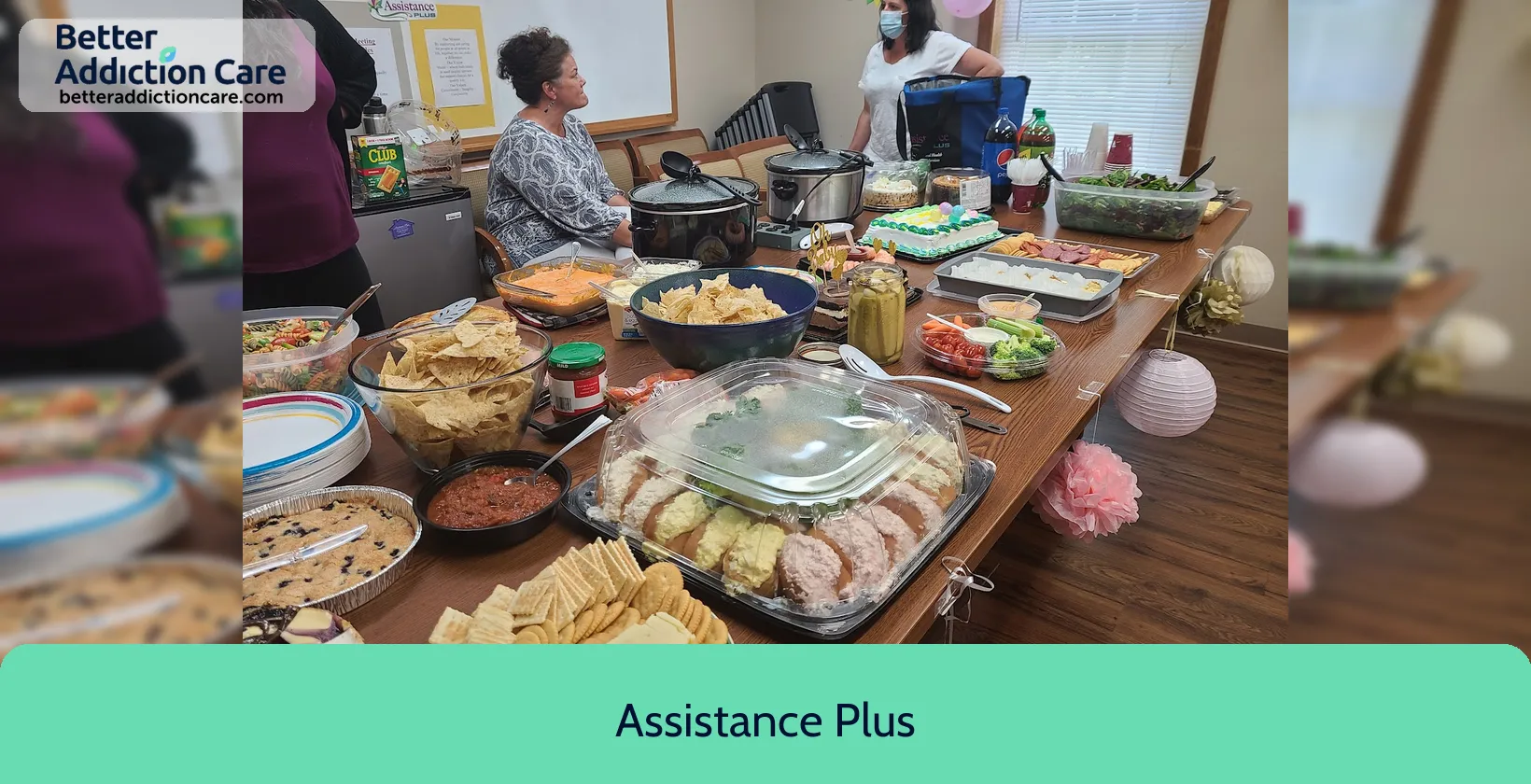Assistance Plus
Overview
Assistance Plus is a mental health treatment center for people seeking treatment near Kennebec County. As part of their treatment modalities for recovery, Assistance Plus provides couples/family therapy, group counseling, and cognitive behavioral therapy during treatment. Assistance Plus is located in Waterville, Maine, accepting cash or self-payment for treatment.
Assistance Plus at a Glance
Payment Options
- Cash or self-payment
- Medicaid
- Medicare
- State-financed health insurance plan other than Medicaid
- Private health insurance
Assessments
- Comprehensive mental health assessment
- Comprehensive substance use assessment
Age Groups
- Children/adolescents
- Young adults
- Adults
- Seniors
Ancillary Services
- Case management service
- Court-ordered outpatient treatment
- Family psychoeducation
Highlights About Assistance Plus
6.65/10
With an overall rating of 6.65/10, this facility has following balanced range of services. Alcohol Rehabilitation: 8.00/10, Drug Rehab and Detox: 6.00/10, Insurance and Payments: 6.00/10, Treatment Options: 6.61/10.-
Alcohol Rehabilitation 8.00
-
Treatment Options 6.61
-
Drug Rehab and Detox 6.00
-
Insurance and Payments 6.00
Treatment At Assistance Plus
Treatment Conditions
- Mental health treatment
- Substance use treatment
- Co-occurring Disorders
Care Levels
- Outpatient
Treatment Modalities
- Couples/family therapy
- Group counseling
- Cognitive behavioral therapy
- Dialectical behavior therapy
- Activity therapy
Ancillary Services
Languages
- Sign language services for the deaf and hard of hearing
Special Programs
- Persons 18 and older with serious mental illness (SMI)
Get Help Now
Common Questions About Assistance Plus
Contact Information
Other Facilities in Waterville

7.22
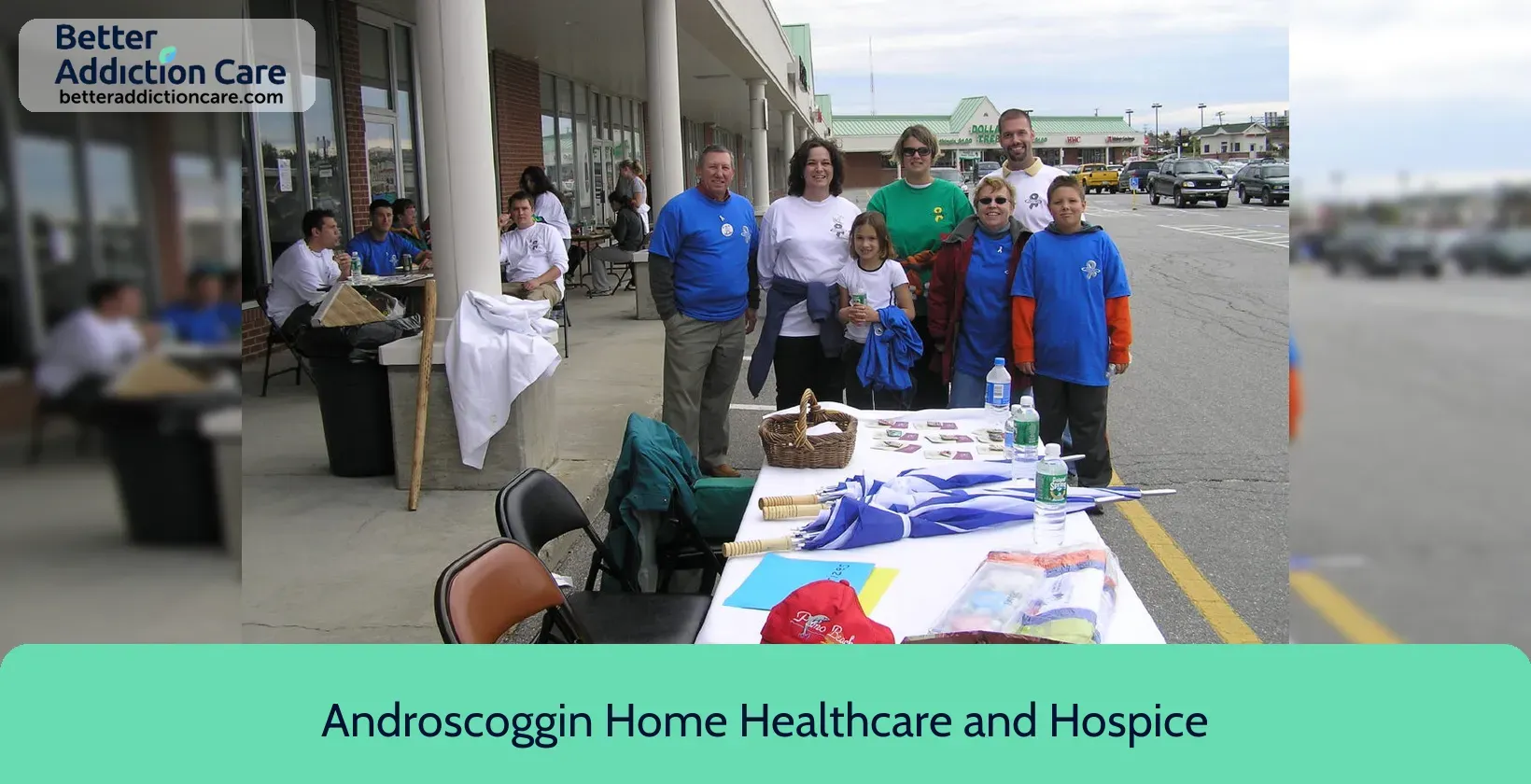
6.56
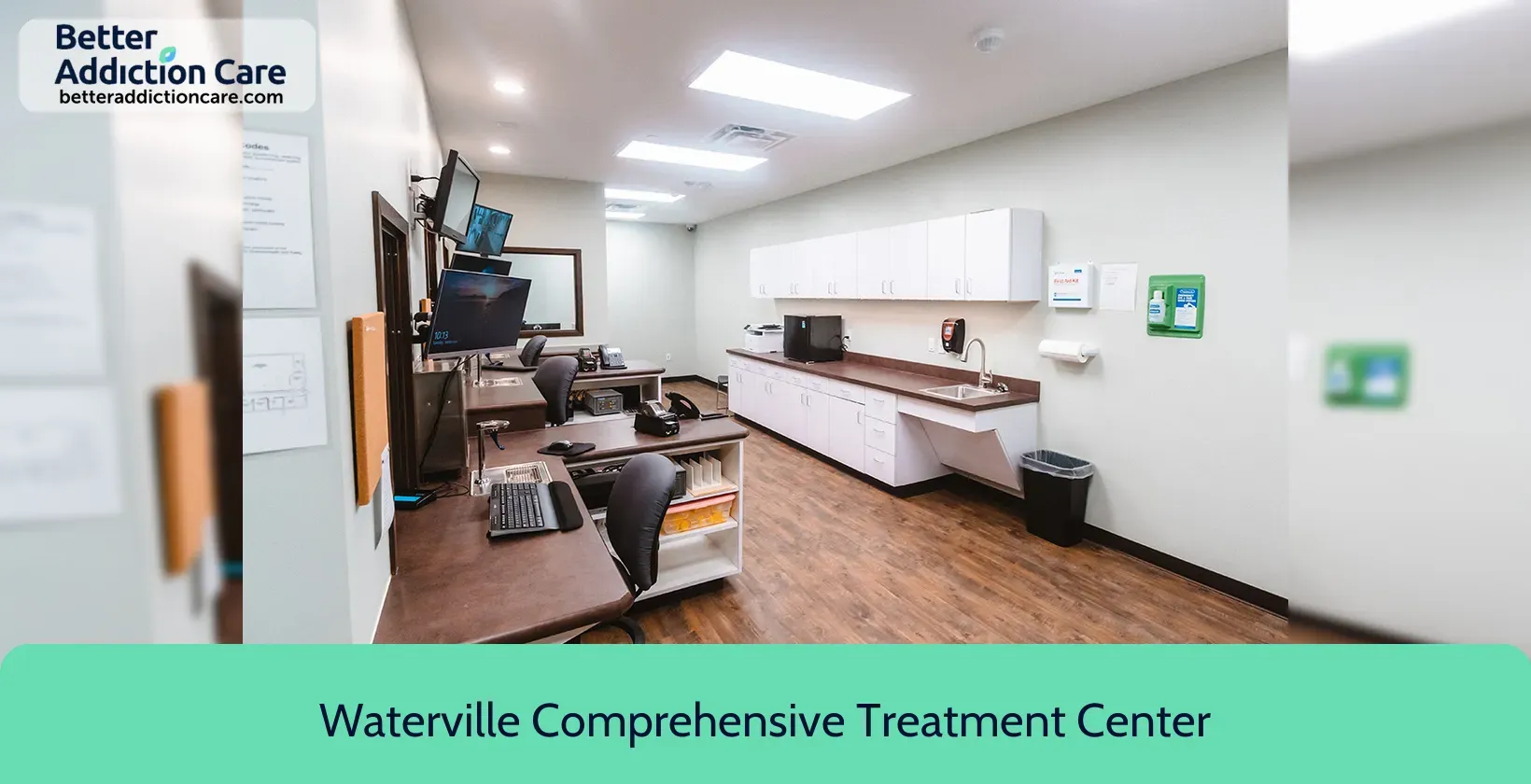
7.13
Browse rehab centers near Waterville and in other cities across Maine
DISCLAIMER: The facility name, logo and brand are the property and registered trademarks of Waterville Comprehensive Treatment Center, and are being used for identification and informational purposes only. Use of these names, logos and brands shall not imply endorsement. BetterAddictionCare.com is not affiliated with or sponsored by Waterville Comprehensive Treatment Center.
